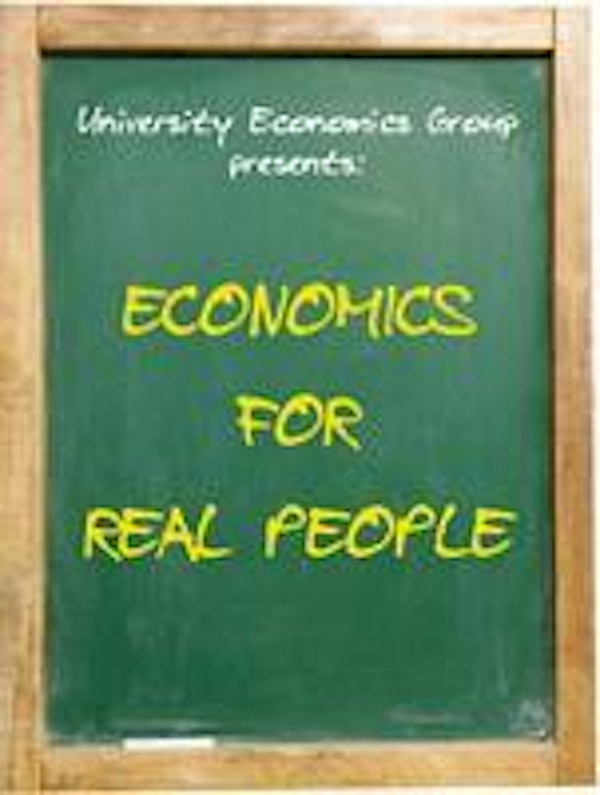
The clash that defined modern economics
Date and time
Location
Case Room 2, Level 0
Business School (OGG) University of Auckland Auckland, Auckland New ZealandDescription
How do you restore balance to economies in difficulty?
This is one of the most important debates in economics, one that has raged for over 80 years and one that clearly remains relevant in 2014. This debate emerged following the turmoil created by the stock market crash of 1929. And it led to a clash of ideas that defined modern economics – and changed the world.
The University of Auckland Economics Group is pleased to host two internationally respected speakers who will address this topic. These presentations will not be technical and no formal knowledge of economics is necessary in order to attend.
5.00 - 6.10pm
Say’s Law and the Keynesian Revolution - Associate Professor Steven Kates
Say's Law was embedded in mainstream economics from the early nineteenth century right up until 1936. Dr Kates will explain one of the most controversial concepts in the history of economics – the Law of Markets. He will show how Keynes turned this essential principle into a straw man caricature, embedding aggregate demand in macroeconomics in place of Say's Law. What have been the implications for modern mainstream economics? And what are the implications for countries experiencing economic difficulties?
6.20 - 7.30pm
Hayek, Keynes and The Road to Serfdom - Dr Jeremy Shearmur
In the 1930s, Hayek and Keynes were at odds concerning issues of economic theory and public policy. These disagreements have recently been claimed to be of pressing contemporary importance, with two YouTube videos spelling this out in rap format! Dr Shearmur is sceptical about this, but highlights an issue that he thinks of greater importance: Keynes' surprisingly positive reaction to Hayek's Road to Serfdom, and also the contrasting views that they had as to how we should react to the problems that Hayek highlighted. He argues – controversially – that here Hayek might have had something to learn from Keynes.
Speaker Bios
Associate Professor Steven Kates is senior lecturer in economics in the School of Economics, Finance and Marketing at RMIT University in Melbourne. Before that he was for 24 years Chief Economist for the Australian Chamber of Commerce and Industry and subsequently a Commissioner on the Productivity Commission.
He has authored a number of books including Say’s Law and the Keynesian Revolution: How Macroeconomic Theory Lost its Way and Defending the History of Economic Thought.
Dr Jeremy Shearmur is an Emeritus Fellow in the School of Philosophy at the Australian National University (ANU).
He was educated at the London School of Economics, where he also worked for eight years as assistant to Professor Sir Karl Popper. Dr Shearmur’s Ph.D. thesis on F. A. Hayek was a joint winner of the British Political Studies Association’s Sir Ernest Barker prize in political theory. He taught philosophy and political theory at Edinburgh, Manchester and the ANU, was Director of studies of the Centre for Policy Studies in London, and a Research Associate Professor at the Institute for Humane Studies, George Mason University.
Dr Shearmur has published a number of books including The Political Thought of Karl Popper (1966) and Hayek and After (1996). He has worked extensively on Hayek, and is currently editing his Law, Legislation and Liberty for his Collected Works.